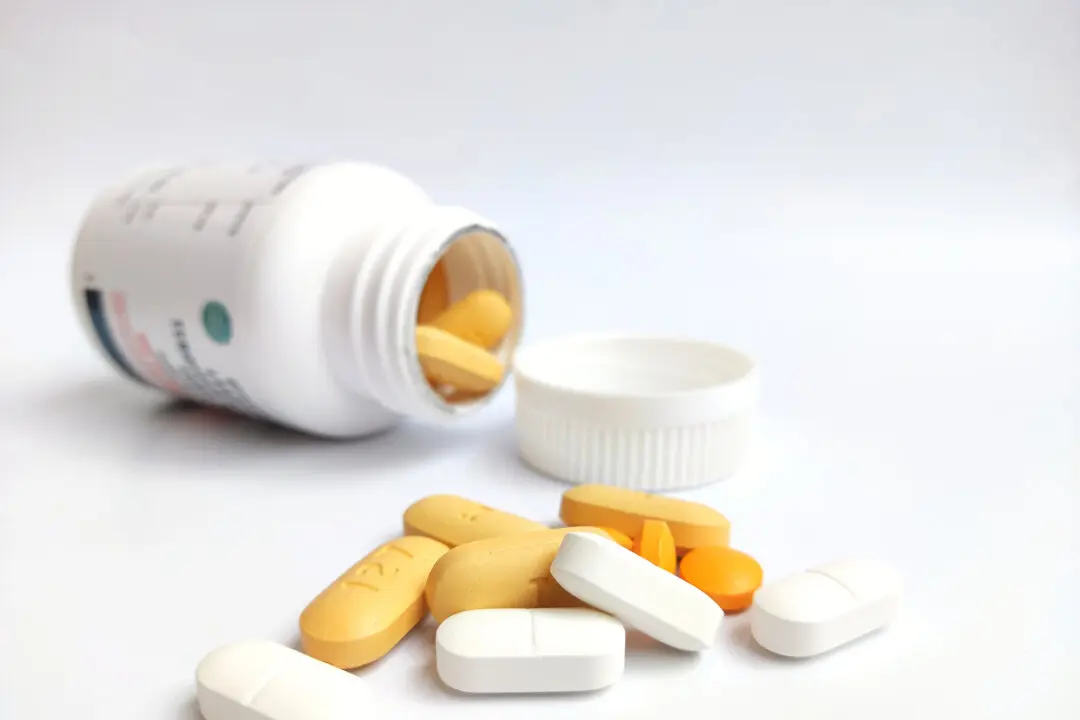When used as an oral decongestant, phenylephrine, a common ingredients in over-the counter cold medicines, is ineffective, the U.S. Food and Drug Administration unanimously ruled after a two-day review.
Should the FDA officials follow the recommendation of the advisory panel to pull phenylephrine’s GRASE (generally recognized as safe and effective) designation, drugs that include it, such as Sudafed PE, Mucinex Sinus-Max, Benadryl Allergy Plus Congestion, and Tylenol Cold+Head, may become unavailable. Manufacturers may choose to reformulate medications that include phenylephrine, a move that may bring significant financial burdens.It may take several months before the FDA makes a final determination on removing phenylephrine from the market.






